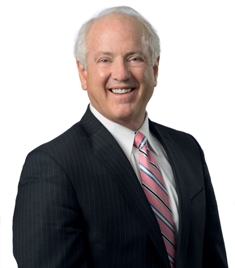10 ways to become more resilient
How good are you at coping with adversity? Somehow, life always finds a way to present you with challenges that you didn’t see coming. Fortunately, you can improve your resilience skills—enabling you to bounce back when confronted with a crisis or an overwhelming change.
- Differentiate problems from your response to them.
You have the option of reacting with panic, or responding in a calmer, measured way that allows you to proceed logically toward a solution. It’s your choice!
- View your strengths positively.
Remind yourself that you’ve gotten through tough times before and be confident in your ability to re-apply those successful strategies.
- Always be ready for change.
Remind yourself that life is always ready to throw you a new curve, and that sometimes the advent of a big, intimidating change can end up being a positive learning experience that helps you grow.
- Keep your perspective.
No matter how overwhelming your problem might seem, try to view the situation in the longer- term context of your life and the larger world.
- Lean on close family, friends and peers.
Being able to share concerns— and to brainstorm innovative solutions together—can give you more confidence as you move forward.
- Stay flexible.
Try not to get locked into a single approach to solving a problem and have a flexible mindset.
- Don’t forget your own needs.
In times of crisis, staying physically and spiritually fit helps you fight off stressors of all kinds!
- When in doubt laugh at it.
Try to find those nuggets of humor, shake your head, and laugh at life’s wackiness.
- Look for light at the end of the tunnel.
No matter how difficult or uncomfortable a situation may be, remember that even the darkest of days won’t last forever.
- Keep building you resilience skills.
It may take time to learn how to stay balanced when times are tough. Keep learning from others who seem resilient, and build upon your valuable experience and personal strengths.
 Magellan’s own Chairman and CEO, Barry M. Smith, was recently featured in Behavioral Healthcare Executive, talking about the importance of prioritizing behavioral health as a part of disaster recovery.
Magellan’s own Chairman and CEO, Barry M. Smith, was recently featured in Behavioral Healthcare Executive, talking about the importance of prioritizing behavioral health as a part of disaster recovery.